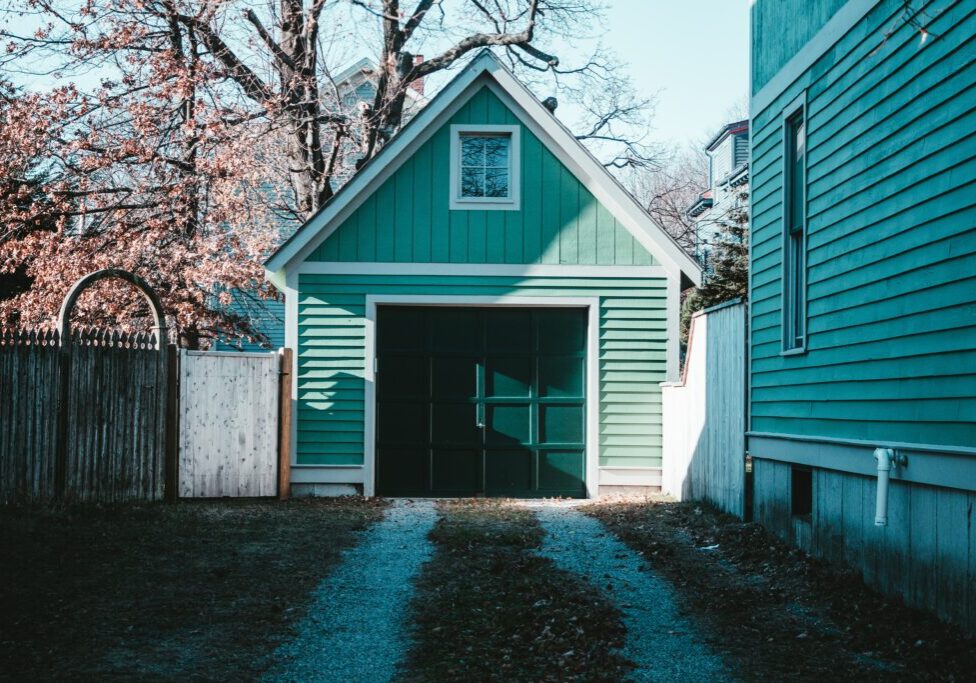Can a Leaking Water Heater Be Fixed?
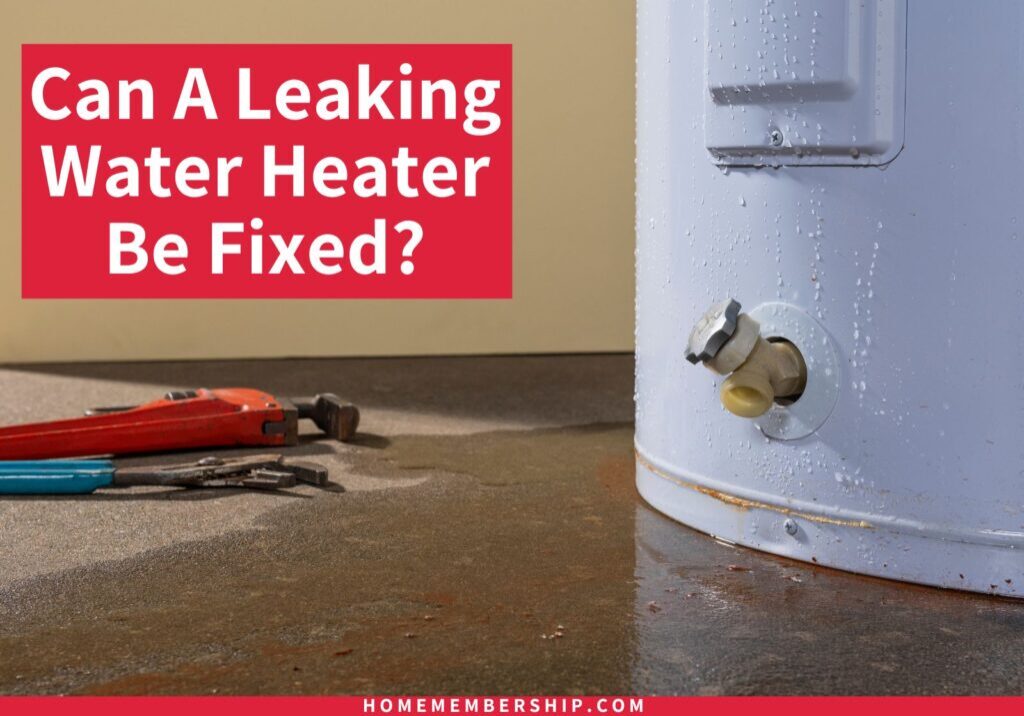
Can a Leaking Water Heater Be Fixed? Check out this blog post to find the answers and know when to call a plumber.
A leaking water heater can be frustrating and potentially costly for homeowners. While some leaks may be minor and easily fixed, others may require more extensive repairs or even a complete replacement of the unit.
A common question from homeowners is: Can a leaking water heater be fixed, or is it best to replace it?
The answer depends on the severity and location of the leak.
Sometimes, a leaking water heater may require a minor repair, such as tightening a loose fitting or valve or replacing a faulty component. However, a replacement may be necessary if the leak is more significant and located in a critical area, such as the tank itself.
It is vital for homeowners to properly diagnose the issue and determine the best course of action to avoid further damage and potential safety hazards.
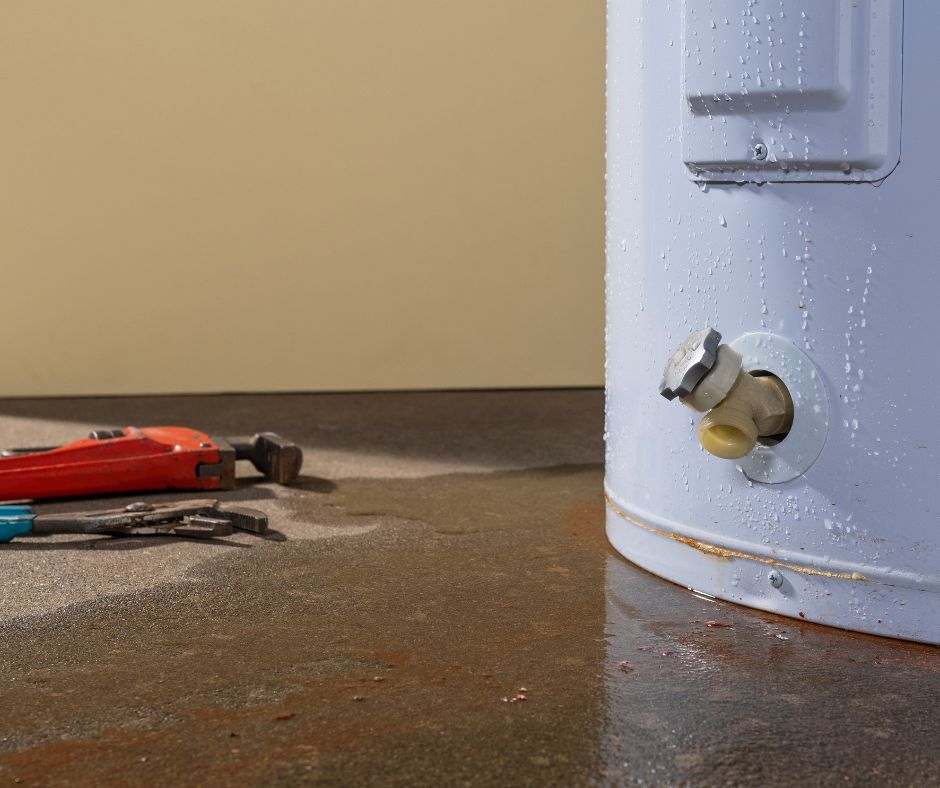
Identifying the Leak Source
The first step to pinpointing the issue is to identify the source of the water leakage. This is crucial in determining whether the appliance can be saved or will have to be replaced. There are a few typical areas where leaks can happen that provide a great way to start an assessment.
Some of the places to check first include:
- Inlet and outlet connections
- Pressure relief valve
- Drain valve
- The tank itself
The next step is to understand the causes of a leaky water heater. There are several reasons why there may be a small puddle of water or even gallons of water when a water heater leaks.
Common Causes For Leaks
Discerning the reasons behind hot water heater leaks can save homeowners from unexpected plumbing troubles. These inconspicuous drips may appear minor but often signify underlying issues that warrant immediate attention.
Here are some of the most common causes of leakage from a hot water heater.
High Water Pressure
High water pressure can often lead to leaks in hot water heaters due to the excessive strain on the system. When the pressure is consistently elevated, the various components of the heater, such as valves, seals, and connectors, experience extreme stress that can weaken their integrity over time. This can cause small cracks in these components, leading to slow but persistent leaks that worsen if left unaddressed.
Corrosion
Corrosion is the gradual deterioration of metal surfaces exposed to water over extended periods. The chemical reactions between the water’s minerals and the metal tank lead to the formation of rust and buildup. As these processes advance, tiny openings and weak points develop, allowing water to escape.
Loose Connections
A loose connection can potentially disrupt the watertight integrity of the water heater system. Over time, vibrations from the heater’s operation or thermal expansion and contraction can cause fittings, joints, and valves to become slightly dislodged. Even a minor separation can lead to water seepage.
Temperature and Pressure Relief Valves
The temperature and pressure relief valve serves a critical role in hot water heaters by releasing excess pressure if it builds up beyond safe levels. However, if the valve becomes faulty, it might fail to seal properly after releasing pressure, leading to a slow drip or continuous leak.
Understanding water heater leaks is essential in maintaining the appliance and preventing costly repairs. Now that the origin and contributing factors have been uncovered, one can make an informed decision about fixing or replacing the water heater.

Does a Leaking Water Heater Mean It Needs To Be Replaced?
The good news is that, in many cases, a leaking water heater can be fixed. However, the extent of the repair needed will depend on the source and how severe the leak is.
If the leak is coming from a small crack in the tank, it may be possible to repair it with a patch or epoxy. However, if the gap is large or in a critical area, the tank may need to be replaced.
Sometimes, the leak may be from a faulty valve or fitting. These can typically be replaced relatively easily. It is important to note that if the leak comes from the pressure relief valve, it may be a sign of a more serious issue and should be professionally inspected.
The buildup of sediment or mineral deposits in the tank could be another leak source. Flushing the tank can resolve this issue and remove the buildup before it becomes a serious problem.
Addressing a leaking water heater in a reasonable timeframe is essential to prevent excess damage and avoid potential safety hazards. There are some instances where a DIY project can take care of a leak, but others require the help of a professional.
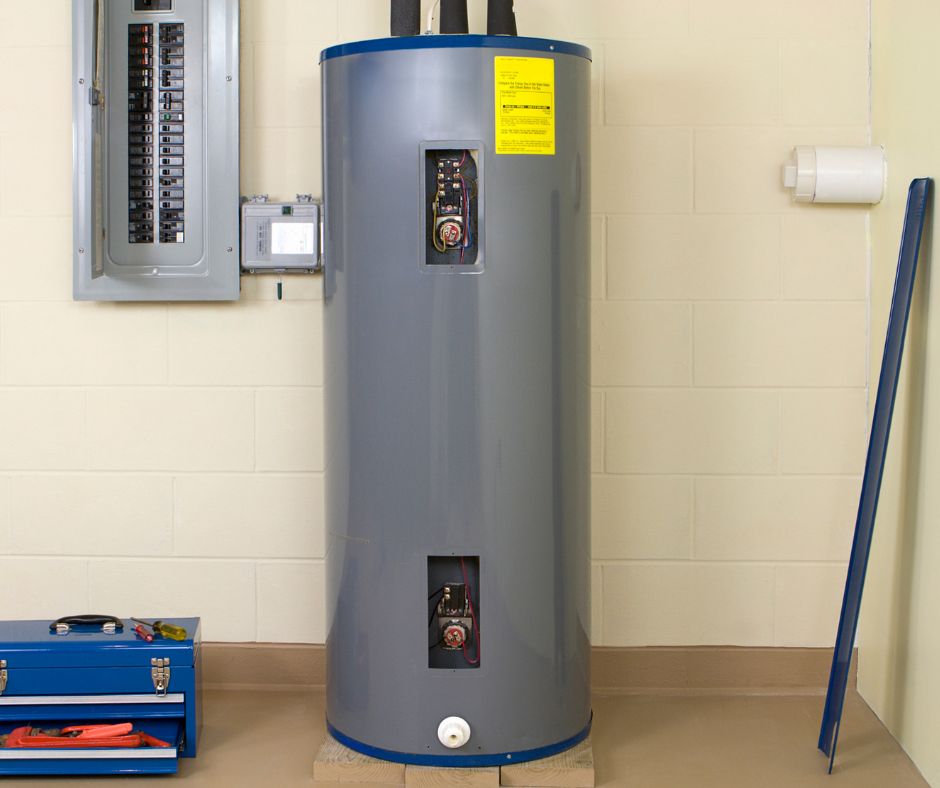
How to Fix a Leaking Water Heater
Here are a few walkthroughs for correcting the most common reasons for small leaks.
Tightening the Drain Valve
One common cause of water heater leaks is a loose drain valve. This valve can become loose over time, causing water to leak out.
To correct this issue, follow these steps:
- Turn off the power supply to the water heater.
- Find the drain valve at the bottom of the water heater.
- Place a bucket under the valve to catch any water that may leak out.
- Use a wrench to tighten the valve. Be careful not to overtighten it, as this can cause damage.
Replacing the Temperature and Pressure Relief Valve
Another possible cause of water heater leaks is a faulty temperature and pressure relief valve.
This is designed to release pressure and prevent the tank from exploding. If this valve is not functioning correctly, it can cause leaks.
To replace the valve, follow these steps:
- Turn off the power supply to the water heater.
- Identify the temperature and pressure relief valve on the side of the tank.
- Place a bucket under the pressure valve to catch any water that may leak out.
- Use a wrench to remove the old valve.
- Install the new valve and tighten it with a wrench.
Fixing the Inlet and Outlet Connections
Another possible cause of water heater leaks is a faulty temperature and pressure relief valve. This is designed to release pressure and prevent the tank from exploding. If this valve is not functioning correctly, it can cause leaks.
To replace the valve, follow these steps:
- Turn off the power supply to the water heater.
- Identify the temperature and pressure relief valve on the side of the tank.
- Place a bucket under the pressure valve to catch any water that may leak out.
- Use a wrench to remove the old valve.
- Install the new valve and tighten it with a wrench.
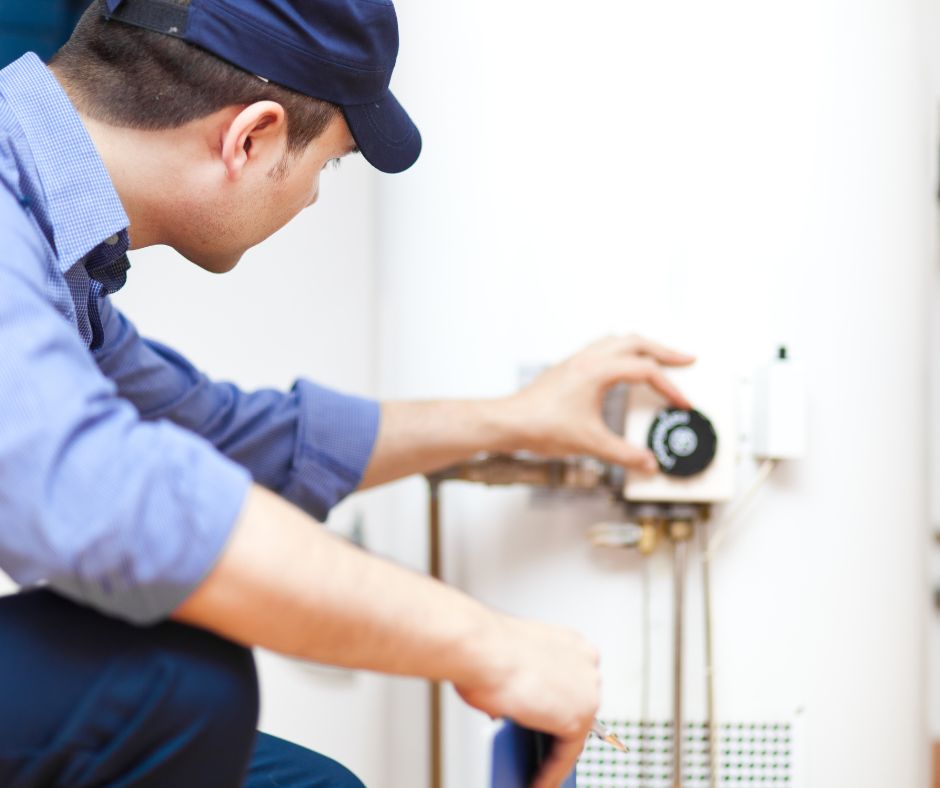
When to Call a Professional Plumber
It can be tempting to try and fix a leaking water heater yourself. However, there are certain situations where it’s best to call in a licensed plumber.
Here are two scenarios where you should call in the experts:
Severe Tank Leaks
If you notice water coming from your tank, it is essential to act quickly. A severe leak can cause significant water damage to your home, and it’s not worth fixing it yourself.
Repeated Component Failures
If you’ve had to replace components in your water heater multiple times, it’s a sign that a more significant issue may be at play.
In both scenarios, it’s crucial to call in a professional plumber with experience working with water heaters. They can help get the water heater back up and running safely and efficiently and provide guidance on whether it’s best to repair or replace your unit. Having your water heater inspected helps prevent leaks from occurring in the first place.
Having your water heater inspected by a professional at least once a year is recommended to ensure it’s operating correctly. Being proactive in catching potential issues before they become significant problems may save you time and money in the long run.
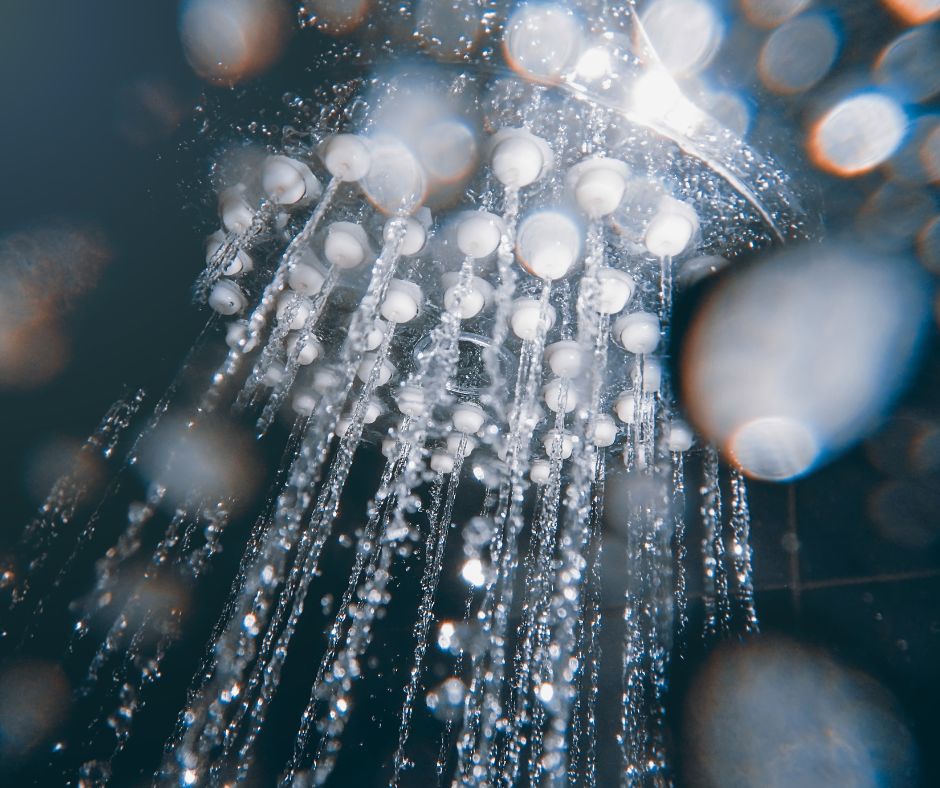
Preventive Measures for Water Heater Leaks
Water heater leaks can be a hassle to deal with, but there are preventive measures that homeowners can take to avoid them.
Regular Maintenance
One of the most essential preventive measures that homeowners can take to avoid water heater leaks is to perform regular maintenance on the water heater.
Here are some maintenance tasks that homeowners can perform:
- Flushing the water heater tank to remove sediment buildup
- Checking the pressure relief valve for proper functioning
- Inspecting the anode rod for corrosion
- Checking the thermostat to ensure it is functioning properly
By performing these tasks regularly, homeowners can help ensure that their water heater is functioning correctly and avoid potential leaks.
Installation of a Leak Detector
Another preventive measure homeowners can take to avoid water heater leaks is installing a leak detector. A leak detector is a device that can detect water leaks and alert homeowners before the leak causes serious damage.
There are many different types of leak detectors available, including:
- Standalone leak detectors
- Smart leak detectors that can connect to a home automation system
- Water alarms that can alert homeowners of leaks with an audible alarm
It’s important to research the available styles and choose the best option for you and your heater.
Overall, by performing regular maintenance and installing a leak detector, homeowners can take preventive measures to avoid water heater leaks and minimize potential damage to their home.
FAQs
Because a water heater is essential for everyday functions in a home, questions naturally arise when issues are found. How long do I have to fix the problems before something major happens? Can I stick to my regular hygiene routines before the water heater is back in working order?
How Long Will a Water Heater Last After It Starts Leaking?
The answer to this question is that it depends. Factors like the leak’s size, how quickly the issue is tackled, how well the heater has been maintained, and its overall health all come into play.
Sometimes, quick fixes or timely replacements can give it a new lease on life, but using a leaking water heater is not a good idea. It can make things worse and might not be safe.
Can I Take a Shower If My Water Heater Is Leaking?
While you could shower while your hot water tank is leaking, it’s not the smartest move. Leaks can get worse, leading to potential damage and even less hot water for you. Plus, there’s the safety angle to consider – water and electricity don’t mix well.
To keep things safe, it’s best to hold off on the shower and get that leak fixed or checked out by a professional.
Final Thoughts
In conclusion, a leaking water heater can be fixed depending on the severity of the leak and the condition of the water heater itself. If the leak is minor and the water heater is relatively new, it may be possible to repair it without replacing the entire unit. However, replacing the entire unit may be more cost-effective if the leak is severe or the water heater is old and showing signs of wear and tear.
It’s important to remember that attempting to fix a leaking water heater can be dangerous. It should only be done by a licensed professional with the necessary skills and experience.
Trying to fix the leak yourself may cause further damage to the water heater or even injury to yourself.
Overall, while a leaking water heater can be a frustrating and potentially costly issue, it’s essential to address the problem as soon as possible to prevent even more damage and ensure the safety of your home and family.
Check out this blog post A Guide to the 5 Most Common Plumbing Problems and Solutions if you have other plumbing issues in your home.



